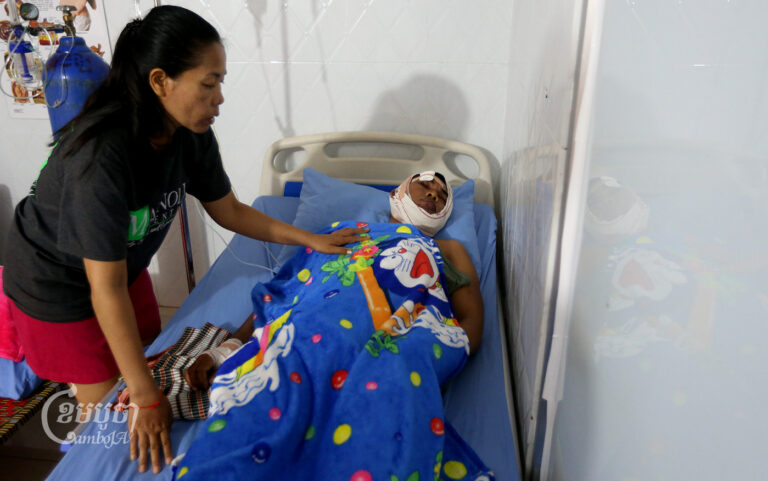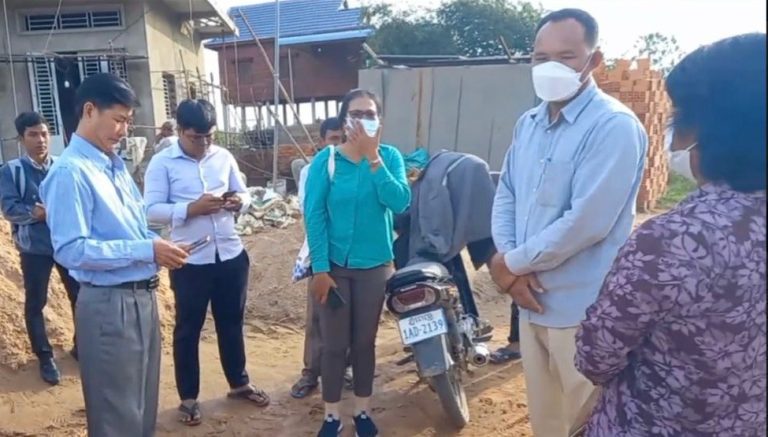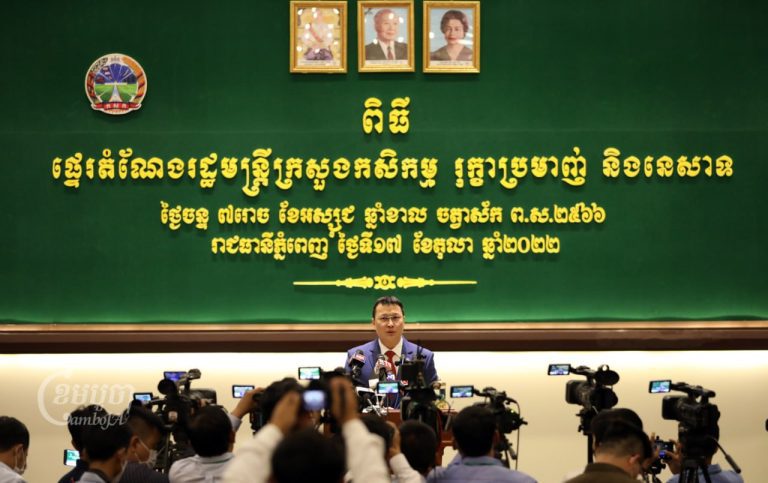The ruling CPP-controlled National Assembly on Friday unanimously approved Dith Tina, formerly a secretary of state at the Energy Ministry, as the new Agriculture Minister, less than a week after Veng Sakhon was removed from the position.
All 111 National Assembly members present on Friday morning voted in favor of Tina becoming the next head of the Ministry of Agriculture, Forestry and Fisheries.
Sakhon was dismissed as Agriculture Minister on October 8 and days later appointed as minister delegate attached to the prime minister. A reason for his dismissal has not been released although Prime Minister Hun Sen had previously openly criticized his work performance.
During a plenary session on Friday, Hun Sen asked National Assembly members to confirm Tina. He will take up the position following a formal endorsement by the king.
Tina, 43, declined interview requests from CamboJA this week.
On Thursday, he said he would refrain from speaking to reporters until the king had issued a royal decree validating his position.
“I ask you to look at the procedure first and now just forget my name,” he said.
Tina, a CPP stalwart and son of Supreme Court president Dith Munty, served as an under-secretary of state at the Commerce Ministry from 2009 to 2013 and was then promoted to secretary of state at the same ministry. He moved to the Ministry of Mines and Energy in 2014.
Tina holds degrees in mining engineering and physics from French universities.
His sister, Dith Nita, is vice-chairperson of the Cambodia Microfinance Association. She is married to Environment Minister Say Sam Al, the son of Senate president Say Chhum.
Following the National Assembly vote on Friday, Theng Savoeun, president of the Coalition of Cambodian Farmer Community, said developing farmers’ crop protection methods was the way to address many of the sector’s challenges, including irrigation infrastructure, market prices, technical support and access to capital.
“Lacking irrigation systems is still a problem for smallholders in Cambodia,” Savoeun said, adding that the new minister should keep an open mind and work with farmers, civil society groups and stakeholders in the private sector to find solutions to industry problems.
“It depends on his commitment, and we want to see the new minister more active,” he said. “In fact, Veng Sakhon is also a minister who developed the agriculture sector better than previous ministers.”
Srun Pov, president of the Cambodia Livestock Raisers’ Association, said the main challenge for the livestock industry has been low prices.
Average national pork prices have been below 21,000 riel (about $5.25) per kilogram, and under last year’s average prices, from January to August, according to an August food prices report from the U.N.’s World Food Programme and the Agriculture Ministry.
Since the domestic supply of pigs was greater than market demand, prices have declined, while recent flooding has forced pig raisers to sell at low prices, Pov said.
“We rely on the Ministry of Agriculture,” he added. “We hope that the new Minister will pay as much attention to the livestock sector as the previous ministers did.”












